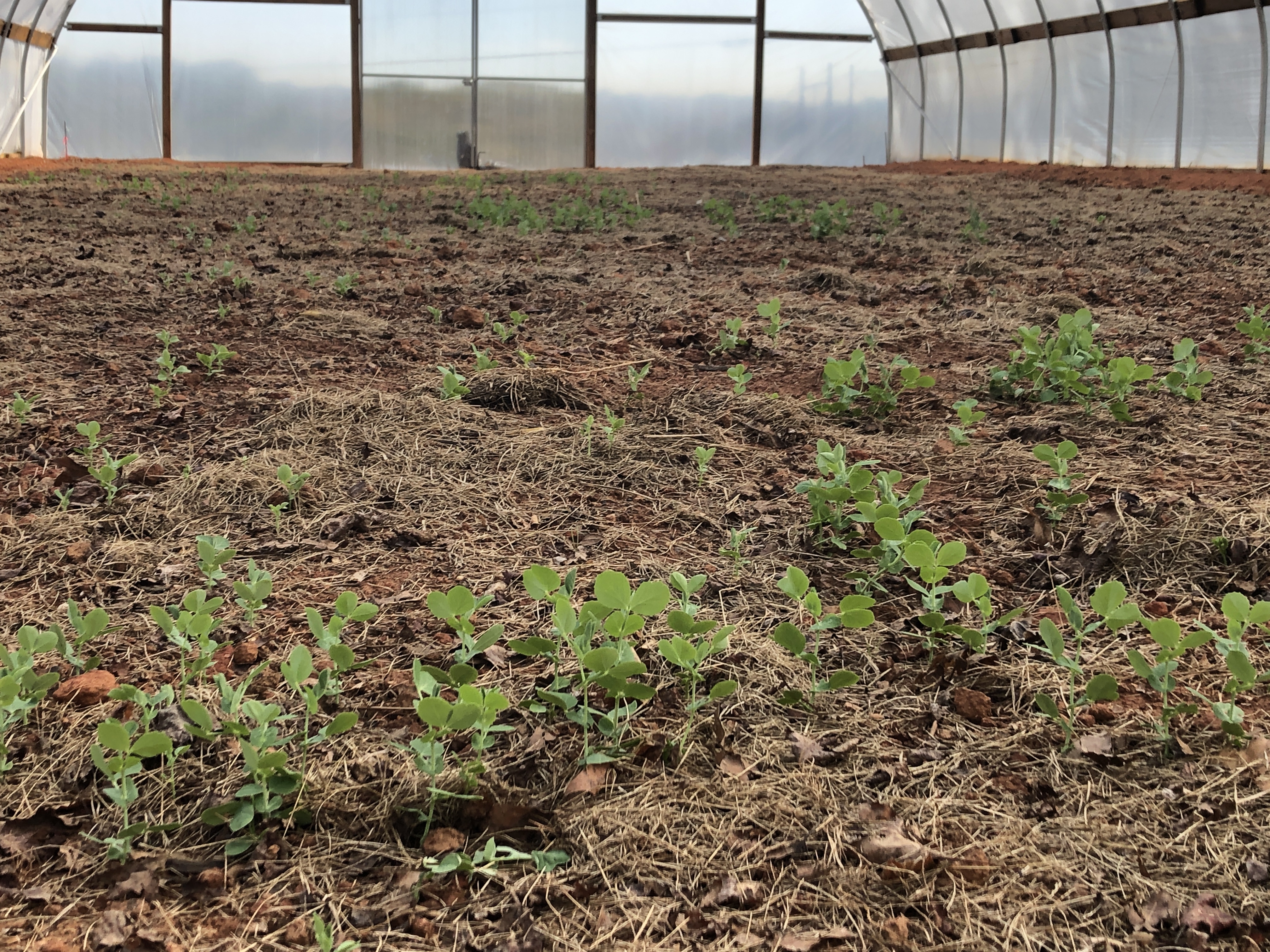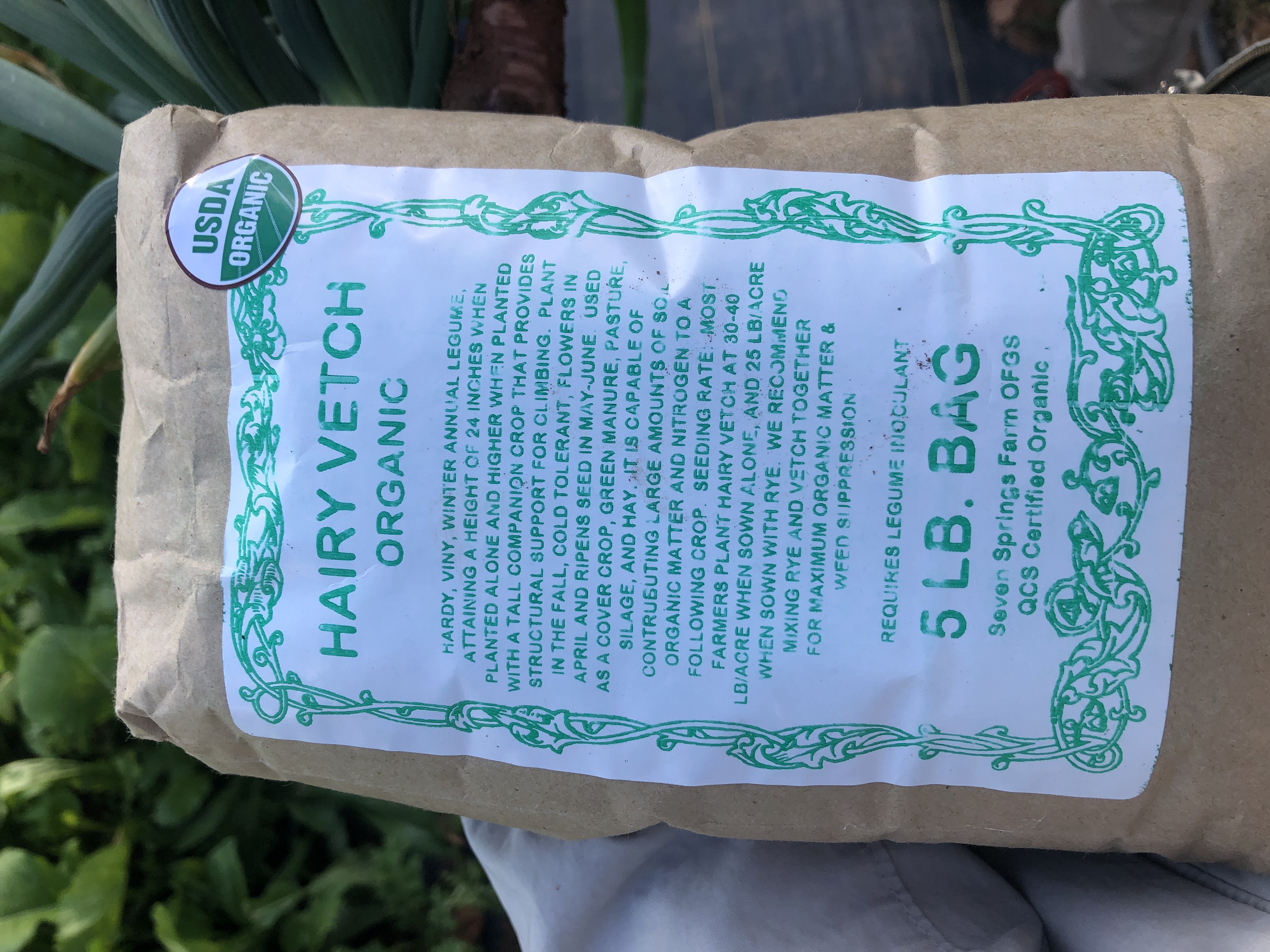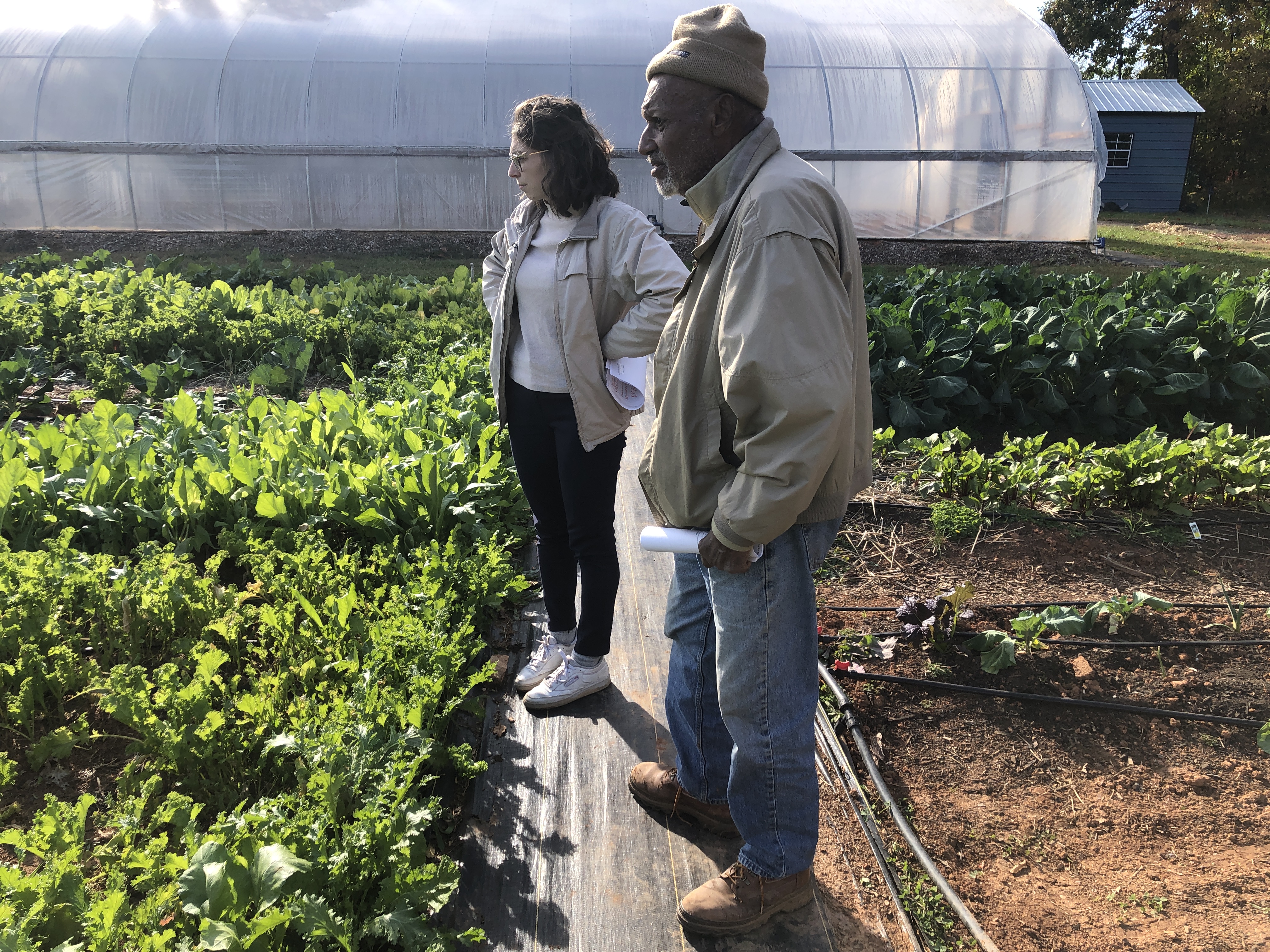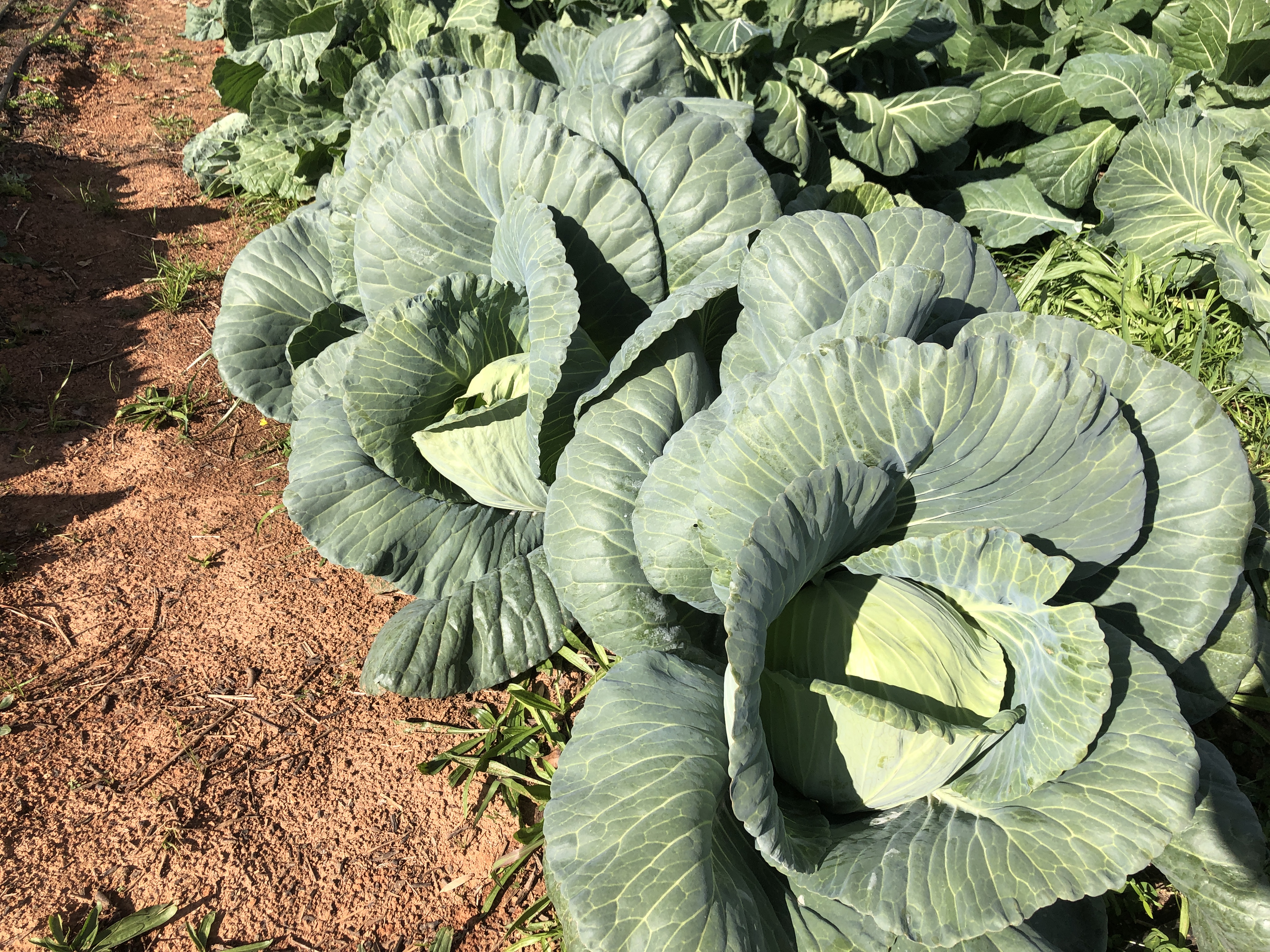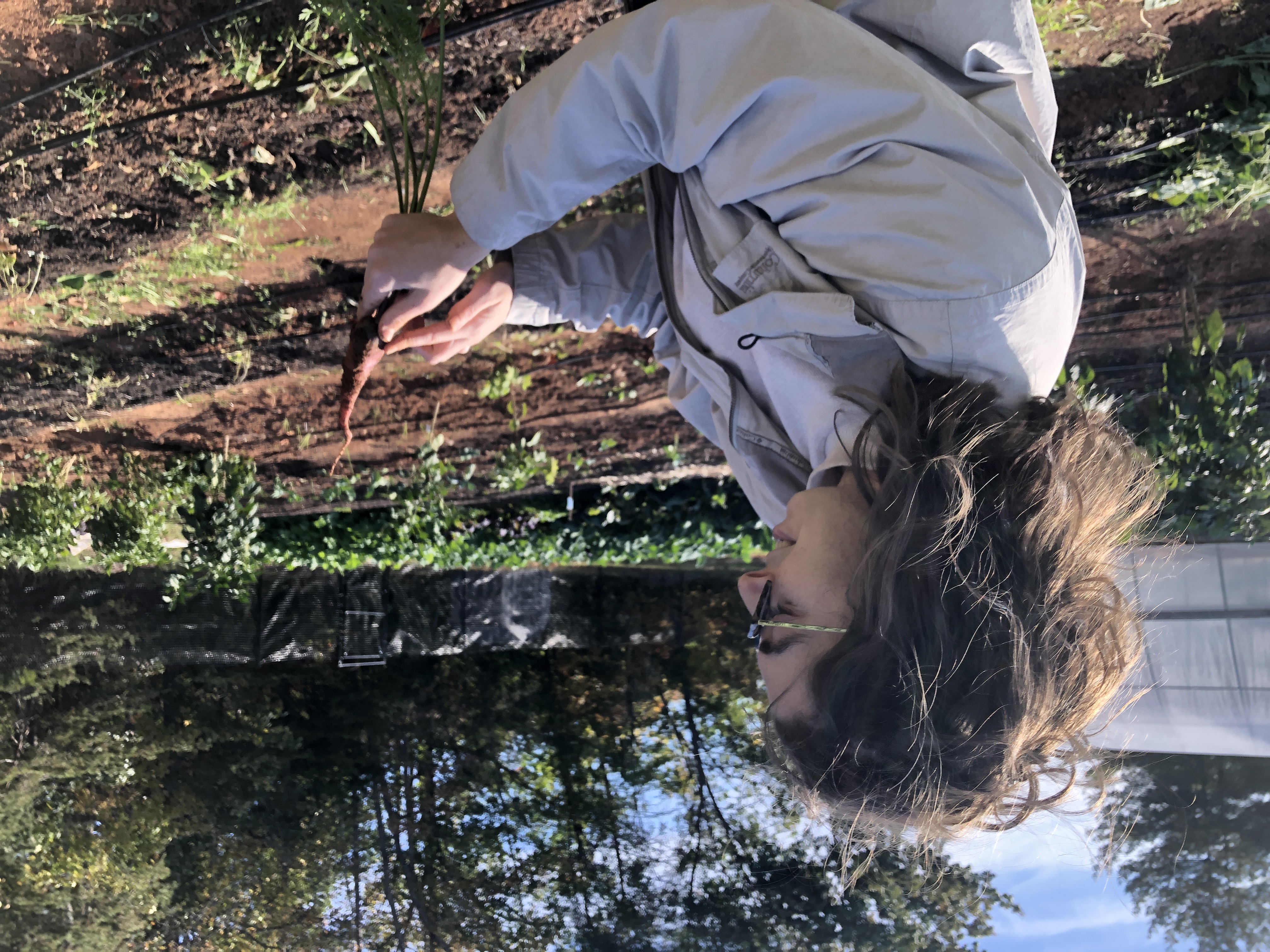Cover Crops – Incubator Farm
go.ncsu.edu/readext?894025
en Español / em Português
El inglés es el idioma de control de esta página. En la medida en que haya algún conflicto entre la traducción al inglés y la traducción, el inglés prevalece.
Al hacer clic en el enlace de traducción se activa un servicio de traducción gratuito para convertir la página al español. Al igual que con cualquier traducción por Internet, la conversión no es sensible al contexto y puede que no traduzca el texto en su significado original. NC State Extension no garantiza la exactitud del texto traducido. Por favor, tenga en cuenta que algunas aplicaciones y/o servicios pueden no funcionar como se espera cuando se traducen.
Português
Inglês é o idioma de controle desta página. Na medida que haja algum conflito entre o texto original em Inglês e a tradução, o Inglês prevalece.
Ao clicar no link de tradução, um serviço gratuito de tradução será ativado para converter a página para o Português. Como em qualquer tradução pela internet, a conversão não é sensivel ao contexto e pode não ocorrer a tradução para o significado orginal. O serviço de Extensão da Carolina do Norte (NC State Extension) não garante a exatidão do texto traduzido. Por favor, observe que algumas funções ou serviços podem não funcionar como esperado após a tradução.
English
English is the controlling language of this page. To the extent there is any conflict between the English text and the translation, English controls.
Clicking on the translation link activates a free translation service to convert the page to Spanish. As with any Internet translation, the conversion is not context-sensitive and may not translate the text to its original meaning. NC State Extension does not guarantee the accuracy of the translated text. Please note that some applications and/or services may not function as expected when translated.
Collapse ▲In an earlier article, the topic was the history of the Memorial Industrial School (1928-1971), located near Horizons Park on the north side of Forsyth County.
There were two focuses for the orphanage, one to care for neglected black children in Forsyth County and two to provide a sustainable farm system to support the orphanage. We cultivated 167 acres of land. It was one of the best farms in the county. It was a research farm working with N.C. Cooperative Extension. We ate everything from the land and raised enough to sell the excess to markets downtown and hotels such as the Robert E. Lee. (site who said this)
The land is now serving as an incubator farm and food program, Memorial Industrial CDC.
The leader is Dr. English Bradshaw, who attended the school beginning at age two. The program included self-sustaining farming. After a lifetime of learning and working he has returned to farm the same patch of earth. As he has said before, “this soil has given me life.”
- the collards, as big as elephant ears
- onions, strong in flavor
- red carrots, a feast for the eyes
- garlic, that is growing faster than expected





